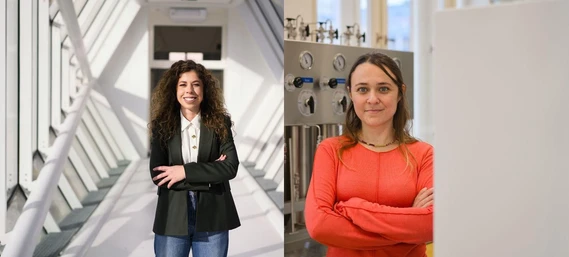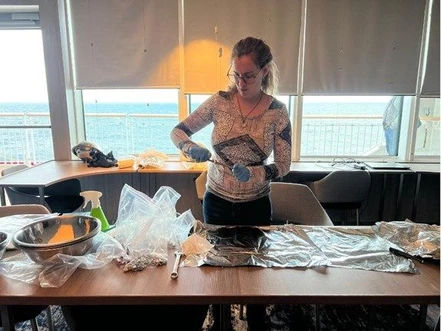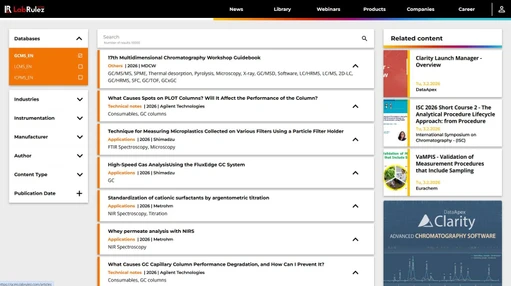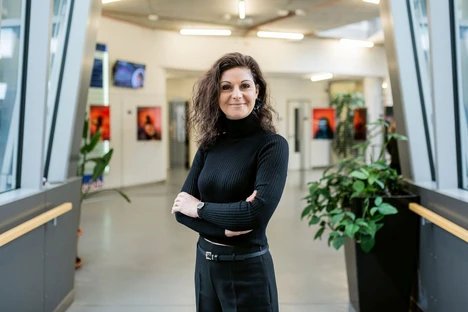Material genetics will be pursued by the AMULET project, which succeeded in the Excellent Research Call

- Photo: IOCB Prague/Charles University: Material genetics will be pursued by the AMULET project, which succeeded in the Excellent Research Call. A spectroscopic system that allows the study of exotic phenomena in "AMULETs" based on 2D materials up to extremely low temperatures (2 K) and high magnetic fields (14 T).
Multiscale materials are assembled from different types of nanomaterials, which themselves have unusual properties. By combining and integrating them into higher-order hierarchies, smart matter with unique functionalities and surprising applications in many different fields can be obtained. A consortium of eight partners from academia and research, led by the J. Heyrovský Institute of Physical Chemistry of the Czech Academy of Sciences, has received financial support from the Programme Johannes Amos Comenius of the Ministry of Education, Youth and Sports in the amount of CZK 480 million for research with this focus. Specifically, it was the Excellent Research Call aimed at supporting research with the potential for excellent results applicable in practice.
The development of advanced materials with the required parameters and their integration into functional structures while maintaining their maximum utility value is the common denominator of modern materials research. Current directions in materials science draw inspiration from nature, where beyond naturally occurring elements and compounds, nature enables so-called material genetics, i.e. the targeted folding and "cross-breeding" of material components in 3D space.
Scientists are combining zero-dimensional (quantum dots), one-dimensional (e.g. nanotubes), and two-dimensional (e.g. graphene) materials in the lab to give them new and unusual properties. The challenge is to develop advanced, so-called multiscale materials with a wide range of applications, e.g. in electrical engineering, medicine, or environmental technologies.
Eight partners cooperate in the AMULET (Advanced MUltiscaLe materials for key Enabling Technologies) project. The coordinator is the J. Heyrovsky Institute of Physical Chemistry of the CAS. Other members of the consortium involve the Institute of Organic Chemistry and Biochemistry of the CAS (PI: Dr. Petr Cígler), the Faculty of Science of Jan Evangelista Purkyně University in Ústí nad Labem, the Institute of Photonics and Electronics of the CAS, the Institute of Physics of the CAS, the Faculty of Mathematics and Physics and the Faculty of Science of Charles University, the Nuclear Physics Institute of the CAS and the University of Chemistry and Technology in Prague.
Linking the above institutions aims to promote the widest possible use of the anticipated newly developed unique materials. Experts will investigate how multiscale materials interact with the biological environment, whether they can be used for electrochemical or optical sensors, in electro-photochemical catalysis for the removal of pollutants from air and water, and last but not least, they will test new nano/micro-devices that can be used for energy conversion, production, and storage.
The AMULET project succeeded in the competition of 66 projects submitted to the Excellent Research call in the Programme Johannes Amos Comenius. This call is aimed at supporting research with the potential for excellent results applicable in practice. In total, 26 projects were supported for a total value of CZK 12.2 billion. The money is earmarked for excellent research teams, which will help Czech scientific institutions deepen their relations with foreign partners and strengthen the Czech Republic's competitiveness in the long run.




